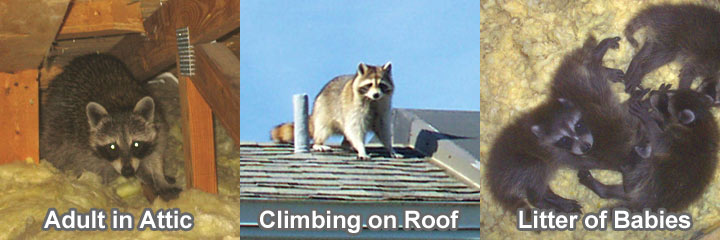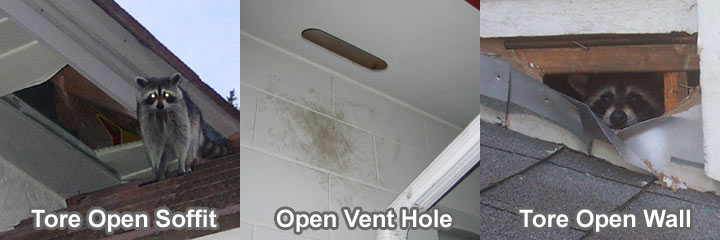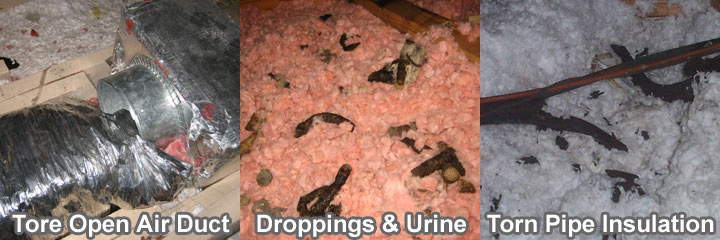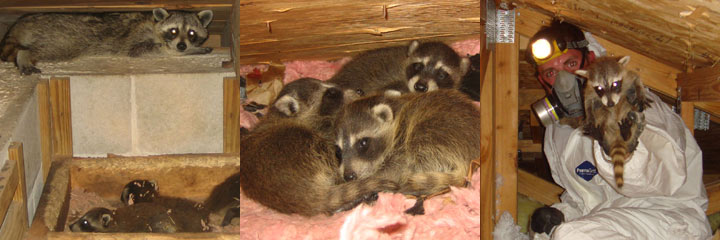24/7 Cell Phone: 316-665-4842




Wichita Kansas Raccoon Control Situation: Will repellents get a raccoon out of the attic?
Getting rid of raccoons are a task for professionals. Of the many diseases carried by raccoons, the deadliest of them all is rabies. You do not want to come face-to-face with these creatures but sometimes professionals can be expensive. There are several types of repellents that are used by some homeowners, which I will discuss below.
1. Visual repellent
Raccoons are nocturnal creatures so they would forage for food and shelter when it is dark and they take shelter in dark areas such as in attics. You can attempt to use light as a repellent, installing bright lights and strobe light in your attic. However, if your attic is a sensed as a safe spot for the raccoon, the lights would not make them leave. Instead, they would simply set up their den in the spot where there is the least amount of light.
2. Sound repellent
Some companies have sworn that machines that emit a high-pitched ultrasonic sound would scare the raccoons away. This was never proven and are completely ineffective to racoons. Playing a radio on loud for a couple of days straight might get them to pack up and leave but I am sure this would not only annoy your raccoon, but you and your neighbors as well. And when you stop playing the radio, there is a chance that another raccoon or another type of creature may return.
3. Odor repellent
Racoons leave environments when there are unsafe. Old wives tales would tell you to use mothballs, ammonia, bleach and other strong scented, harsh odors to scare the raccoons away. While this may make the raccoons feel the environment is unsafe, if they already gave birth to their litter, they would not move away but would instead, endure the odor. Moving the babies would mean that they would be putting them in even more danger and raccoons are intelligent enough not to take that risk. In any case, attics are usually well ventilated and the scent would be dispersed of very quickly.
4. Eviction Fluid repellent
This may be the only repellent that is worth investing in and can come in the form of a paste or a liquid. Eviction fluid is made from the urine and gland secretions of male racoons. While male raccoons have multiple mates, female raccoons only mate with one. If a male raccoon wants to mate with a female that has already given birth to another male's offspring, he would kill the babies in order to mate with the mother and secure the survival of his own genes. Highly unusual in the animal kingdom, right? Nope, not with mammals. When the female raccoon smells the eviction fluid, it would assume that another male raccoon is around. Scared of the harm it could bring to her babies, she would move her den to a safer location.
Off all the repellents, eviction fluid is the only one that is the most effective in getting raccoons to leave the attic. It uses the raccoons' own scents to play on the senses of the animals. A perfect concoction, don't you think?
If you wish to learn more, click on the How to Get Rid of Raccoons in the Attic home page. For wildlife control, animal trapping services, and raccoon control in Sedgwick County, Kansas, call us at 316-665-4842, and ask to talk about raccoons in the attic in Wichita, KS.